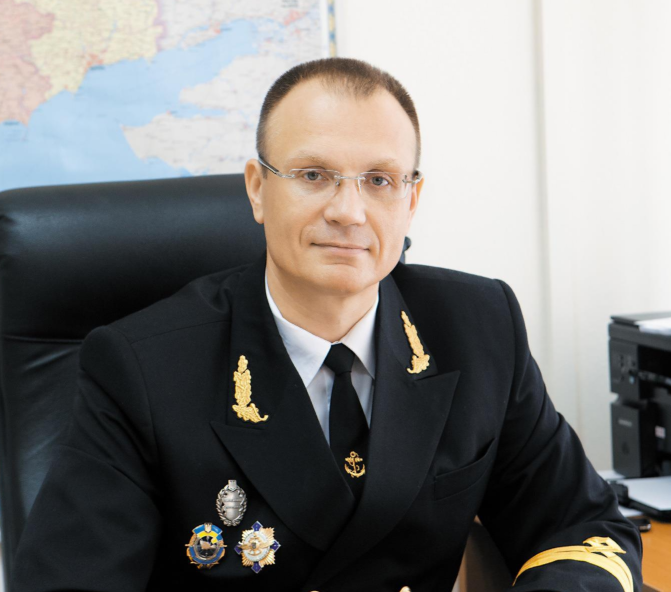You won’t attract investment without state intervention – Mykola Shchurikov about the chemical industry development strategy
The main problem is the inability to compete with importers. Their share in the domestic fertilizer market has exceeded 70%.

Mykola Shchurikov proposes the use of healthy industrial protectionism from the state to save the chemical industry in Ukraine in a crisis.
The 1st Deputy Director of Odessa Port Plant wrote about this in his column at LIGA.net.
Shchurikov notes that in recent years, the Ukrainian chemical industry has lost thousands of industry enterprises, and tens of thousands of people have lost their jobs.
The main problem is the inability to compete with importers. Their share in the domestic fertilizer market has exceeded 70%. One of the main problems is the import of Russian fertilizer through other countries in order to avoid customs duties. The second negative factor affecting the chemical industry is a decrease in exports and its raw material orientation.
Mykola Shchurikov believes that the state, which sets the rules of the game, should take responsibility for the situation. "Finally to recognize that the chemical industry is a key industry that needs to be supported at the state level. We have the most powerful production base in Eastern Europe, we can meet the demand for almost all types of mineral fertilizers, reducing the dependence of the economy on imports. Moreover, this production is at least 8% of our country's GDP. Growing competition (including Asian producers) and the constant emergence of new challenges in the global market of chemical and petrochemical products without adaptation measures exacerbate the situation," writes Shchurikov.
He offers concrete steps that can help the chemical industry. "I'm talking about the price of gas for chemical companies and the protective measures of the domestic market – to end counterfeit products in the domestic market of plant protection products and mineral fertilizers," the expert added.
As an example of modern state protectionism Mykola Shchurikov mentions the work of WTO members such as Turkey, Belarus, the Russian Federation and Uzbekistan.
"The development strategy of the chemical industry of Ukraine until 2030 provides an increase in the share of domestic chemical products in the domestic chemical product market from the current 25% to 35–40%. Of course, we also need to create a competitive resource base – and here we can't do without investment and innovative projects. But again, you won't attract investment without state intervention, because creating the notorious 'investment climate' is the exclusive prerogative of the state," the expert summed up.